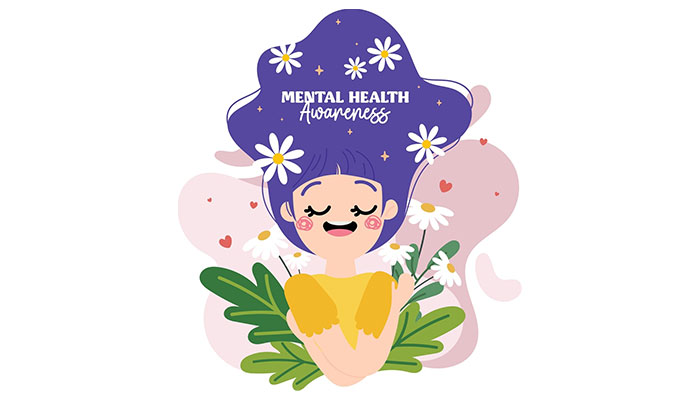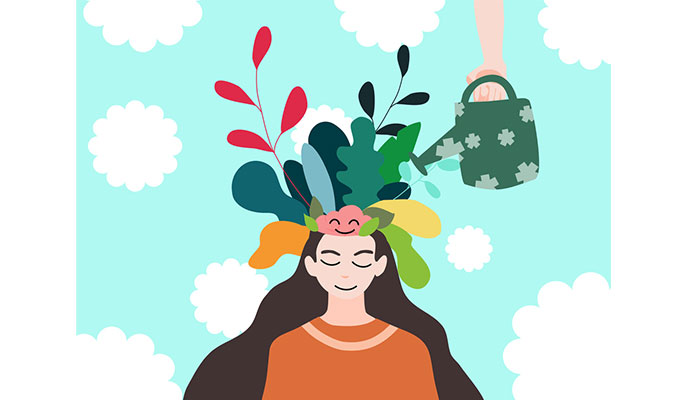Women’s Mental Health: Understanding Challenges and Empowering Solutions
Women’s mental health is a critical aspect of overall well-being that often requires unique attention due to biological, social, and cultural factors. This blog delves into the challenges women face concerning mental health and explores empowering solutions for fostering resilience and support.
Understanding the Importance of Women’s Mental Health
Biological Influences on Mental Health
Women go through different hormonal transitions during life – menstruation, pregnancy, childbirth, menopause. These stages can be hugely impactful for mental health, and can produce disorders such as premenstrual dysphoric disorder (PMDD), postpartum depression and menopause-related mood swings.
Societal Pressures and Expectations
It takes enormous pressure off women to be the best at everything from work to home to community. This tossing and turning can be the cause of stress, anxiety, and burnout.

Gender-Based Violence and Trauma
Women are at the centre of gender-based violence — domestic violence, sexual harassment and assault. They can be linked to permanent mental health disorders such as post-traumatic stress disorder (PTSD).
Common Mental Health Challenges Faced by Women
Anxiety Disorders
The odds against anxiety disorders are almost double in women than in men. Society’s expectations, hormones and individual stressors can all increase vulnerability.
Depression
Depression is an overrepresentation in women, a problem made more difficult by life changes such as pregnancy, childbirth and ageing. Women have been stigmatised for approaching a help source and are prevented from doing so at an early stage.
Eating Disorders
Anorexia, bulimia and binge eating – all of these eating disorders are linked to a lack of body image, social norms and pressure to ‘fit in’ – are more common among women than men.

Postpartum Mental Health Issues
Postpartum depression and anxiety may be detrimental to new mothers, not only in terms of their mental health but their child’s health. They are largely made worse by ignorance and disinterest.
Promoting Women’s Mental Health
Building Awareness and Reducing Stigma
If society can be educated about women’s mental health problems, it can become a more normalized conversation, and more women can turn to professionals for care. The campaigning, the workshops, and the media are important.
Access to Mental Health Services
We need access to affordable, high-quality, women’s-specific mental health care. Therapy, counselling, support groups.

Community and Social Support
The promotion of women’s support groups can be an outlet for sharing feelings and dealing. Community-based projects can also provide resources and links.
Work-Life Balance Initiatives
Businesses can support mental health through flexible hours, parental leave and wellness programs. These measures can make all the difference for stress and betterment.
Strategies for Personal Empowerment
Self-Care Practices
When you practice self-care – exercising, mindfulness, hobbies – you will have better mental health. It’s just as important to take care of yourself by resting and taking time off.
Building Resilience
We can learn to become resilient by having good support systems, by thinking positive thoughts and by practicing stress management.

Seeking Professional Help
To know professional intervention is a mark of resilience. Counsellors, psychiatrists and counselors in mental health are available to provide personalised care and treatment.
Conclusion
Mental health for women needs focused effort and investment in the special needs of women. With awareness and support for these issues, women can be enabled mentally and emotionally. Supportive spaces, stigma reduction and prioritisation of mental health care are all critical steps in that direction.
 Top 10 Comfort Foods to Try This Winter
Top 10 Comfort Foods to Try This Winter
 Top 10 Christmas Destinations Around the World
Top 10 Christmas Destinations Around the World
 Navigating Adolescence: Tips for Parents and Teens
Navigating Adolescence: Tips for Parents and Teens
 How to Start a DIY Craft Project on a Budget
How to Start a DIY Craft Project on a Budget
 How to Build Strong Family Bonds in the Digital Age
How to Build Strong Family Bonds in the Digital Age
 The Importance of Early Childhood Education
The Importance of Early Childhood Education